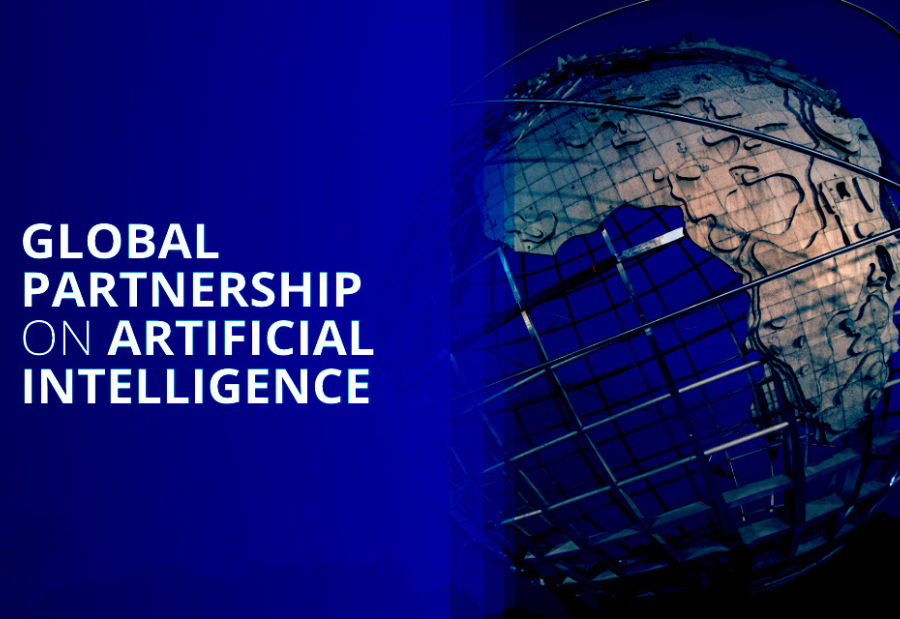- The Global Partnership on Artificial Intelligence (GPAI) is a multi-stakeholder initiative which aims to bridge the gap between theory and practice on AI by supporting cutting-edge research and applied activities on AI-related priorities.
- Launched in June 2020 with 15 members, today GPAI’s membership has expanded to 28 member countries and the European Union.
- As one of the founding members of GPAI in 2020, the current incoming Support Chair of GPAI, and the Lead Chair for GPAI in 2024, India is hosting the Annual GPAI Summit. The event is expected to be inaugurated by the Hon’ble Prime Minister on December 12, 2023.
- Senior level government delegations from 29 GPAI member countries will participate in the Summit along with GPAI’s multi-stakeholder Experts’ Group, Global AI Experts, multilateral organizations, and other relevant stakeholders.
- As part of the Summit, the Ministry of Electronics and Information Technology (MeitY) in collaboration with the Centre for Responsible AI (CeRAI), IIT Madras is organizing a Research Symposium under the theme, “Advancing Responsible AI in Public-Sector Applications”.
- The Symposium intends to provide a platform for Indian and International academicians and researchers to collaborate with other AI experts, present actionable research on Responsible AI in front of a global audience and enhance cross-sectoral research on responsible AI.
- In its first few years, GPAI experts continue to collaborate across four Working Groups and themes.
- RAI’s mandate aligns closely with that vision and GPAI’s overall mission, striving to foster and contribute to the responsible development, use and governance of human-centered AI systems, in congruence with the UN Sustainable Development Goals
- RAI, as all other GPAI Working Groups, does not operate in a silo within GPAI. RAI seeks to collaborate with other Working Groups. For instance, RAI works with the Data Governance Working Group when their respective projects share common dimensions.
- The mandate of the Working Group of Data Governance aligns closely with GPAI’s overall mission. The Working Group aims to collate evidence, shape research, undertake applied AI projects and provide expertise on data governance, to promote data for AI being collected, used, shared, archived and deleted in ways that are consistent with human rights, inclusion, diversity, innovation, economic growth, and societal benefit, while seeking to address the UN Sustainable Development Goals.
The GPAI Future of Work (FoW) Working Group’s mandate and scope are to
- Conduct critical technical analysis on how the deployment of AI can affect workers and working environments as well as how workers and employers can better design the future of work.
- Address how AI can be used in the workplace to empower workers, how employers and workers can prepare for the future of work, and how job quality, inclusiveness, and health & safety can be preserved or even improved.
- Include a focus on the education and training needed to prepare the future workforce.
The Innovation and Commercialisation (I&C) Working Group’s mandate is to
- study and recommend tools and methods to drive international collaboration on AI R&D and innovation,
- advance research results into products and processes,
- transfer these results to industry, with a special focus on SMEs.
It will examine support measures to facilitate these advances, including standards and norms, self-certifications and more.

